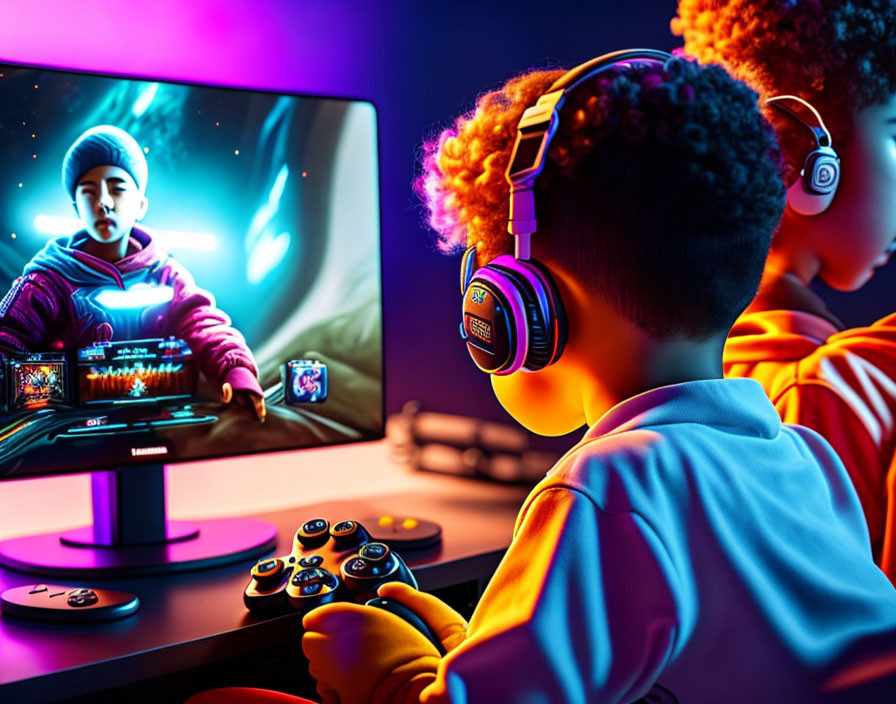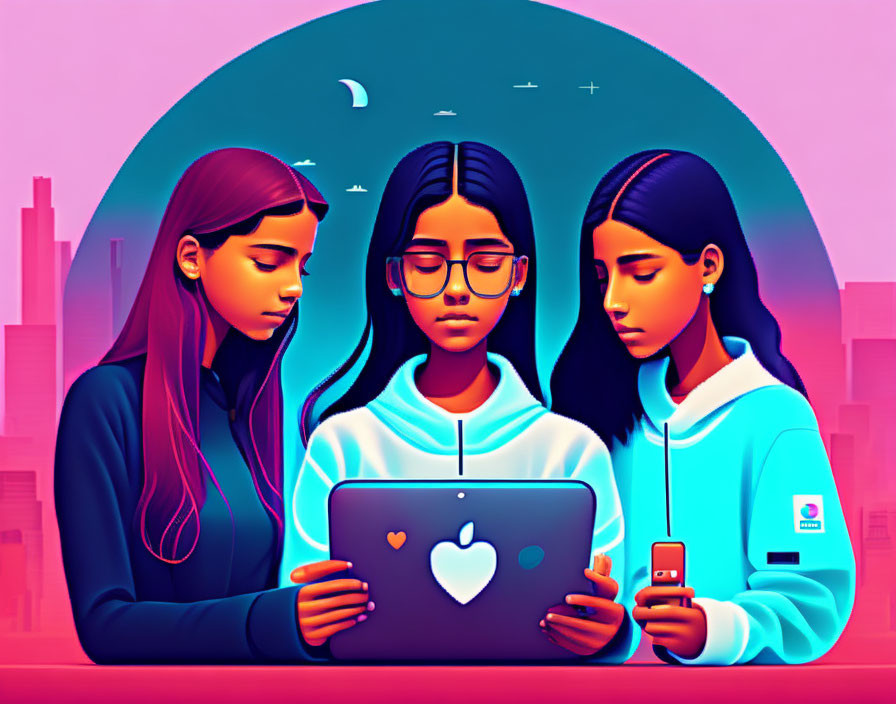Adolescence is a transformative period where young individuals undergo significant physical, emotional, and psychological changes. It is during these crucial years that the foundation for a lifetime of good health habits and self-care can be established. In this blog post, we will explore the importance of personal health and care for adolescents and offer guidance on how to maintain a healthy lifestyle.
Why Personal Health and Care Matters for Adolescents
- Physical Development: Adolescence is marked by rapid physical growth. Proper nutrition, exercise, and sleep are essential for ensuring healthy development. A balanced diet rich in fruits, vegetables, and whole grains, along with regular physical activity, is crucial.
- Mental Health: Adolescence can bring about a range of emotional challenges, from academic stress to peer pressure. Adolescents should be aware of their mental health and seek support when needed. This includes talking to trusted adults or professionals and practicing stress management techniques such as mindfulness or meditation.
- Hygiene and Self-care: Developing good hygiene habits, such as regular handwashing, dental care, and skincare, is vital during adolescence. These habits can prevent illnesses and promote overall well-being.
- Healthy Relationships: Adolescents often form close relationships with peers. Teaching them about healthy boundaries, communication, and respect in relationships is crucial for their emotional health and personal safety.
- Substance Use Prevention: Adolescents may be exposed to drugs and alcohol. Educating them about the risks associated with substance use and addiction is essential for their well-being.
Tips for Adolescents to Maintain Personal Health and Care
- Nutrition: Consume a variety of foods, including fruits, vegetables, lean proteins, and whole grains. Limit sugary and processed foods.
- Physical Activity: Aim for at least 60 minutes of physical activity each day. Activities such as walking, cycling, and team sports promote physical fitness and mental well-being.
- Sleep: Get 8-10 hours of sleep per night. A good night’s sleep is essential for both physical and mental health.
- Hygiene: Maintain regular personal hygiene, including daily tooth brushing, showering, and handwashing.
- Stress Management: Learn stress management techniques, such as deep breathing exercises, yoga, or talking to a counselor or therapist.
- Mental Health Awareness: Be aware of your own mental health and don’t hesitate to seek help if you are struggling with stress, anxiety, or depression.
- Healthy Relationships: Foster healthy relationships by setting boundaries, practicing open communication, and seeking support when facing challenges.
- Substance Use Education: Stay informed about the risks associated with drug and alcohol use. Be cautious and make informed decisions about substance use.
The Role of Parents and Guardians
Parents and guardians play a crucial role in guiding adolescents toward a path of personal health and care. Open communication, providing a safe and supportive environment, and serving as positive role models are key components of this support.
In conclusion, personal health and care are fundamental aspects of an adolescent’s life. By promoting healthy habits, self-awareness, and emotional well-being, adolescents can navigate this transformative period with resilience and set the stage for a lifetime of good health practices. It is not only a matter of physical well-being but also an investment in their future, helping them become healthier, happier, and more successful adults.




